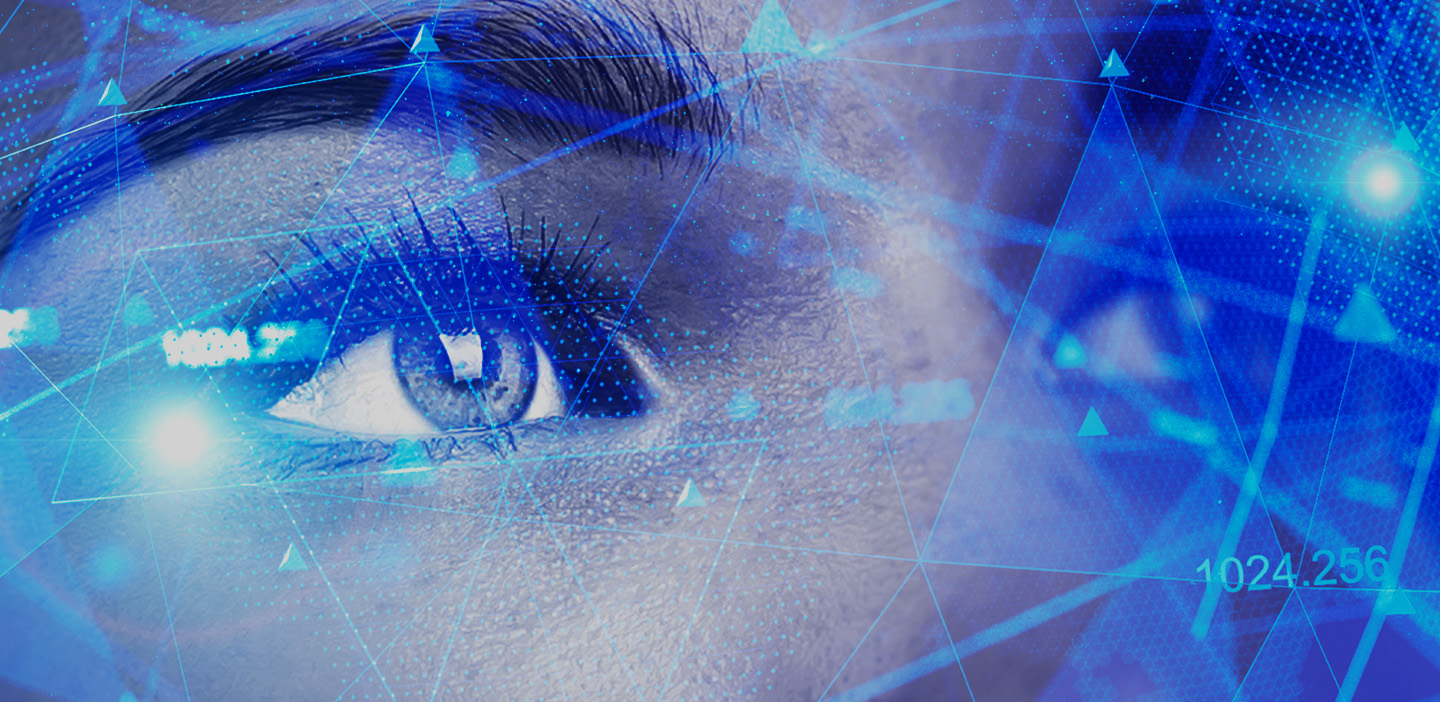This month, at the 2024 Mobile World Congress (MWC) in Barcelona, leading technology companies from around the world gathered to unveil their ground-breaking innovations. A total of 41 sessions at the MWC were dedicated to AI and its responsible applications. “Humanizing AI” was more than just an event theme; it was a call to action.
But what exactly does humanizing AI really mean? First, it entails incorporating human traits into technology and machines to improve our ability to communicate with them. Second, it emphasizes the importance of fundamental human skills working alongside AI technologies.
In the same way that the internet changed industries in the 1990s, generative AI is transforming businesses across sectors. One similarity between the two disruptions is that people are at the center. Because it was so simple for non-technical people to adopt, the internet took off and completely reshaped the way we live. With AI, this is exactly what's happening right now.
Human traits in AI
ChatGPT from OpenAI is already widely used and produces text that appears to have been written by a human. And this is just the beginning. These days, large language models are developing very quickly. This new wave of AI will reshape what technology can do for users, introducing a variety of advanced capabilities into existing and new products alike.
To establish a human connection with AI, we first need to be able to connect and communicate with it. Communication is essential, and we communicate with AI via coding. We wouldn't be able to interact with AI unless people were guiding the codes and infusing artificial intelligence with data. We must remember that it was people from all over the world that provided ChatGPT with human generated content for the model to learn. In other words, it’s people that make AI work.
Combining AI with human skills
In the era of artificial intelligence, fundamental human skills like creativity, teamwork, resilience, critical thinking, curiosity, adaptability, and flexibility and interpersonal skills are more important than ever.
Artificial intelligence is not intended to replace us; rather, it is designed to enhance our unique human capabilities and offer a better work and life experience. If we wish to dedicate more time to the more complex tasks in our roles, we need AI to understand how we work so that it can automate routine tasks and allow us focus on the more complex aspects of what we do.
In this context, it is important that business leaders make it clear that AI is here to enhance their teams’ capabilities and to help them perform better. This will enable us to become a more and more engaged workforce, reduce our fear of AI, and allow us to treat it as the true collaborator and partner it is. Humanizing AI entails understanding its true purpose and how it can help us all improve our skills and live more fulfilling lives.
At VASS, we are confident that soon we will live in a world where the most sought-after abilities will be inherently human traits such as curiosity and imagination. In essence, humanizing AI entails not only humanizing its technical aspects, but also valuing our human skills that will only become increasingly important in the future.
This month, at the 2024 Mobile World Congress (MWC) in Barcelona, leading technology companies from around the world gathered to unveil their ground-breaking innovations.


 Facebook
Facebook
 X
X
 Linkedin
Linkedin